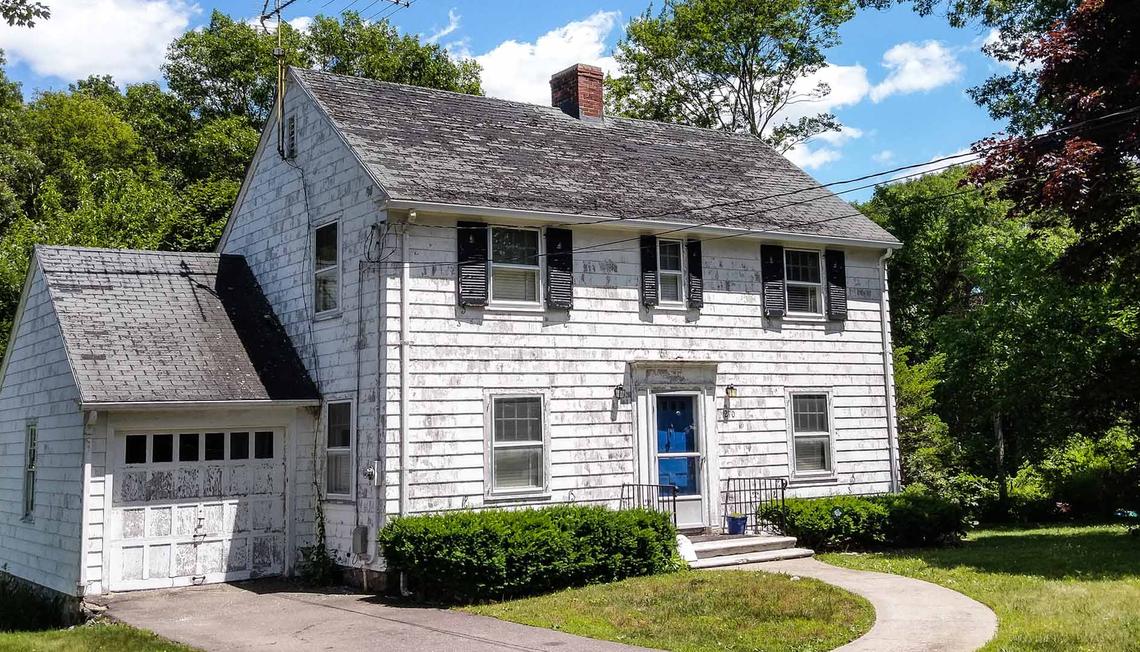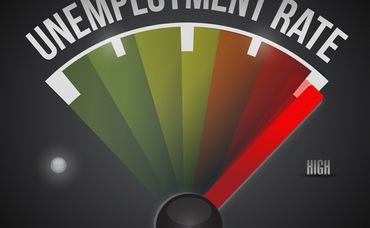Although changes are happening in the housing market, buyers are still facing stiff competition. For some, this can mean being more open to a house that could use some work. “Fixer-uppers” have become popular options, especially with the number of television programs that show run-down homes being transformed into beautiful palaces. But buying a fixer-upper presents unique challenges, and you shouldn’t go into a deal without knowing what you might encounter. If you’re considering buying a home that could use some work, then this is what you should know.
Know the types of fixer-uppers
There are different types of fixer-uppers and they can present entirely different sets of challenges to buyers. One type of fixer-upper is an ugly house. The name is pretty self-explanatory. These are homes that are unattractive, have peeling paint, have yards that have gone wild, or have unusual smells. Most ugly houses are just in need of a cosmetic refresh. On the other hand, some fixer-uppers are actual wrecks. These are homes that need significant repairs, such as a new foundation, new plumbing, or a new roof.
Understand the costs of a fixer-upper
Knowing the type of fixer-upper you’re considering will help you understand the costs you may encounter as a buyer. Ugly houses will have fewer expensive repairs. Most of the costs will be associated with updating the interiors and landscaping. Homes that are wrecks, however, will most likely require repairs that will be very expensive. Some may have problems that can’t be solved, such as pervasive mold. When you buy a home needing these sorts of repairs, costs could run into the tens of thousands of dollars, or even much more.
Research the loans available for fixer-uppers
If you’re buying a home that needs extensive repairs, then you’ll be happy to know that there are certain types of loans for homes like these. You may qualify for a renovation loan, for example. Or you can research a 203(k) loan, which is backed by the Federal Housing Authority. 203(k) loans often have lower interest rates and are available to those with lower credit scores. But there are lending limits and you must meet the qualifications.
Estimate your repair costs
No matter what type of fixer-upper you want to buy, you need to estimate your repair costs before making an offer on the home. You don’t want to finish the deal only to discover that you’ll need far more money for repairs than you anticipated. Research the costs of renovations in your area and talk to friends and family who may have recently had similar repairs done. Give yourself some wiggle room because there are always unexpected costs that arise.
Negotiate the purchase price
Finally, don’t be afraid to negotiate the purchase price of a fixer-upper. If you’re able to offer all cash, then you could get a significant discount. Talk to the seller about the time and costs you expect for repairs and ask for a break on the price to accommodate those costs. And if you need to live elsewhere while the repairs are happening, don’t forget to factor in those costs.




